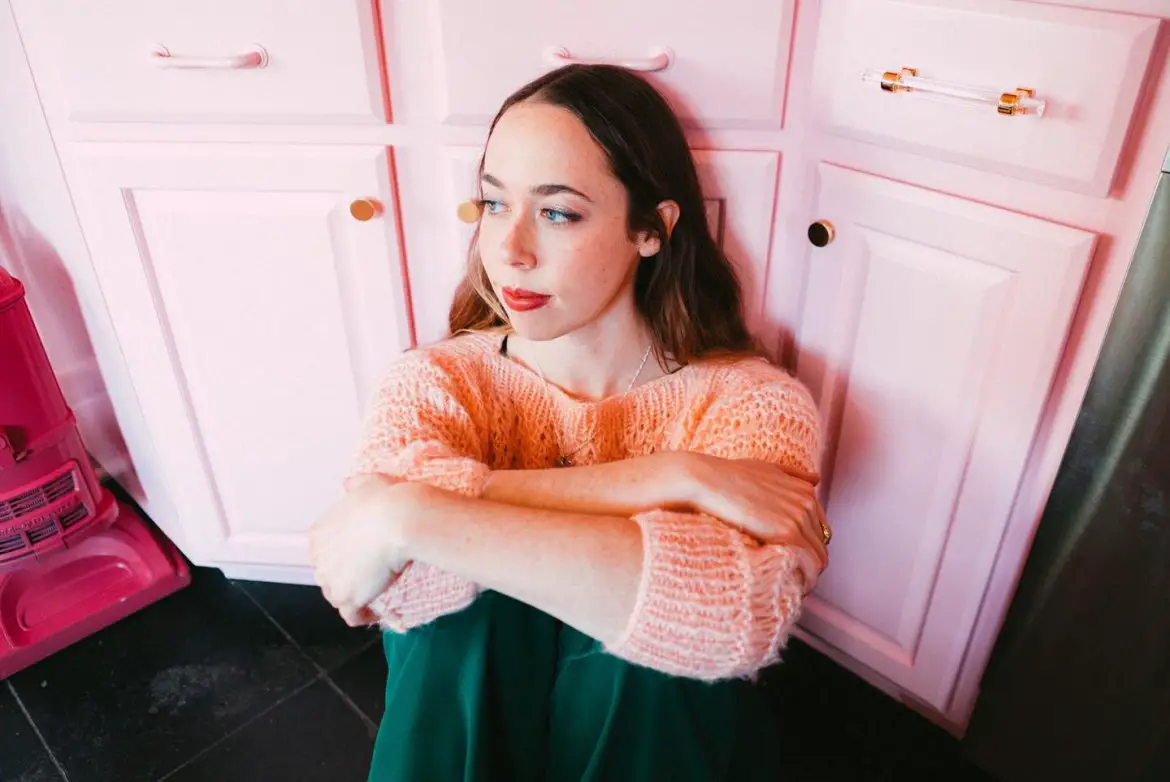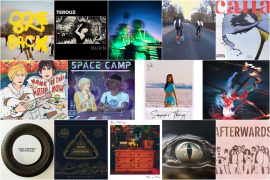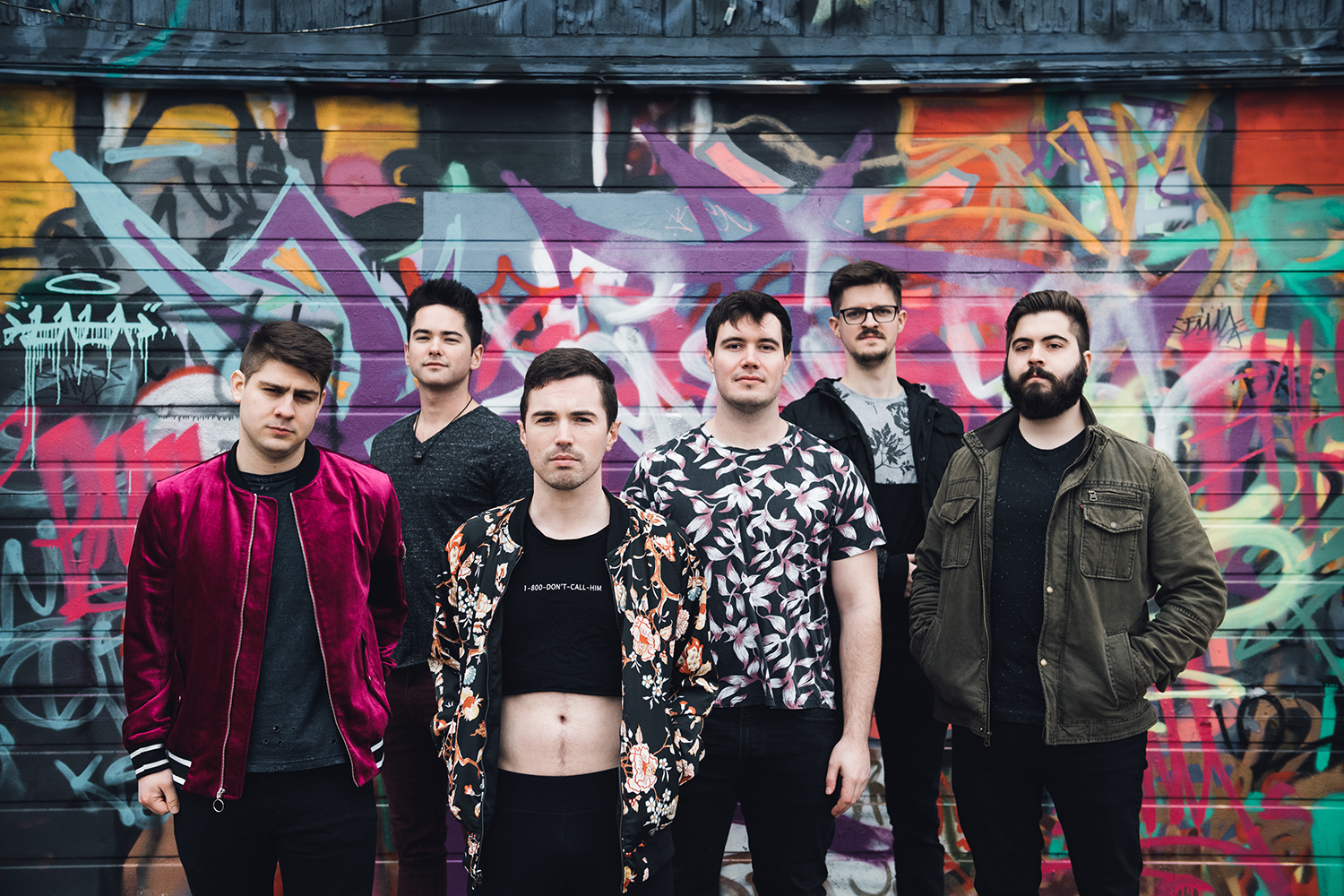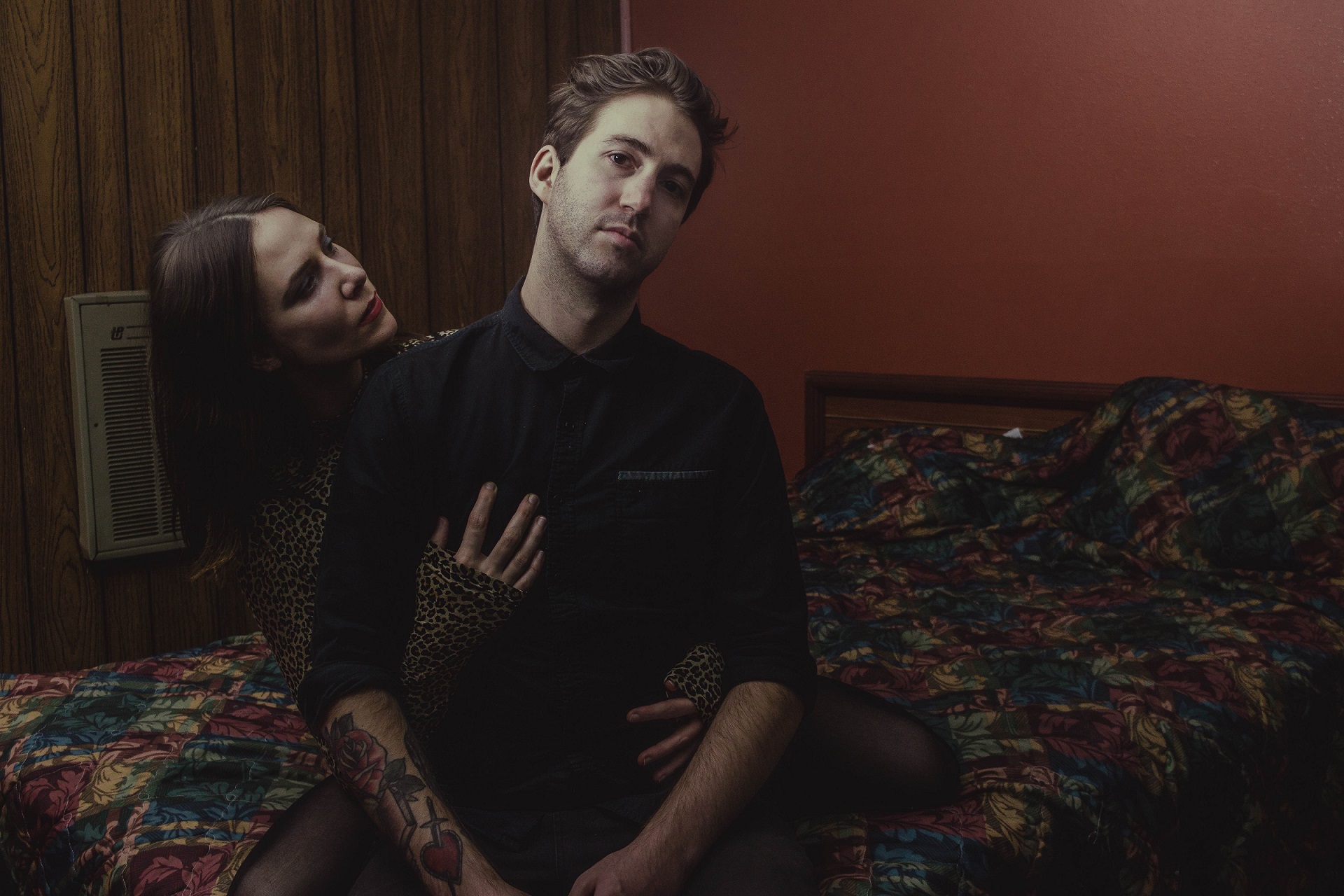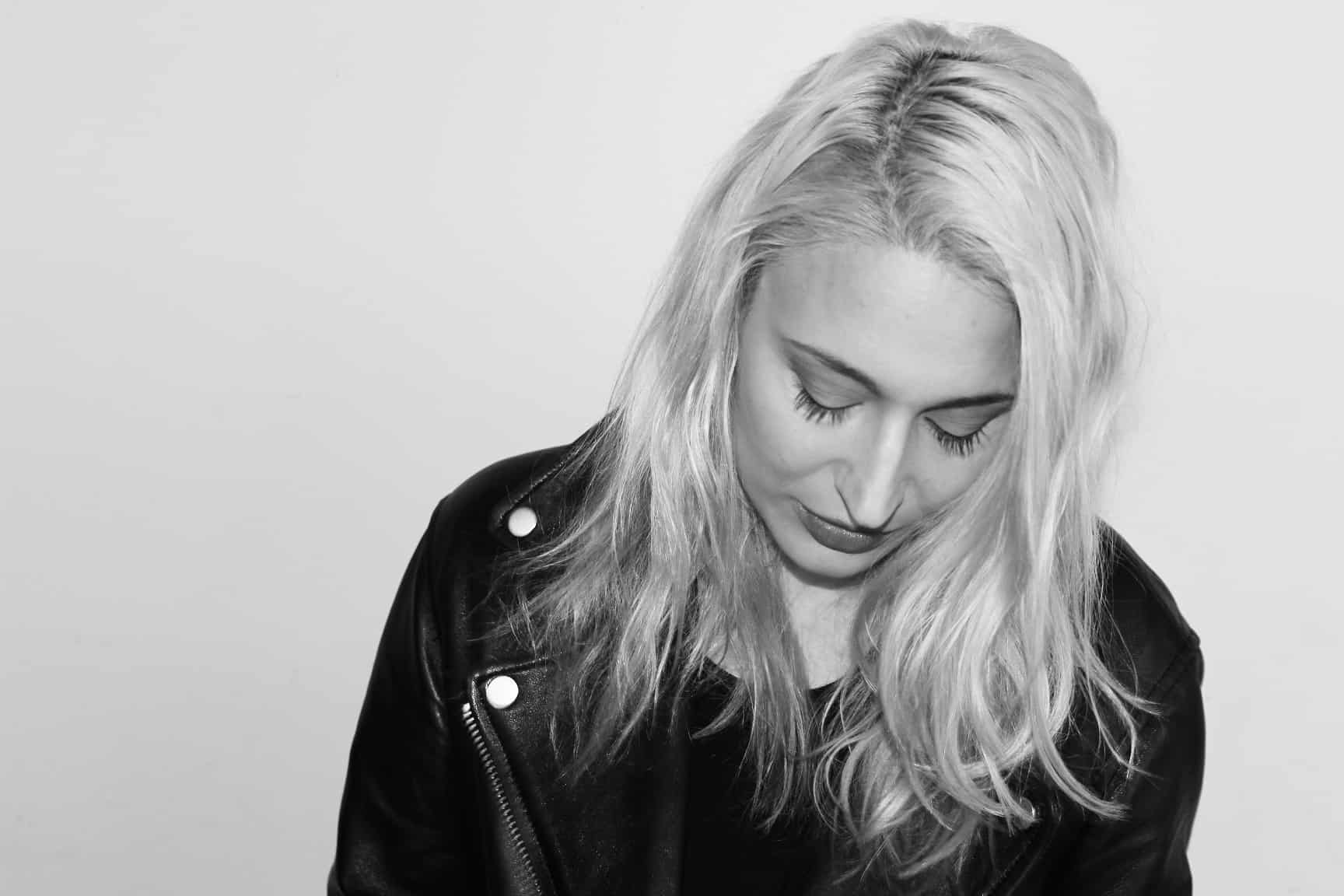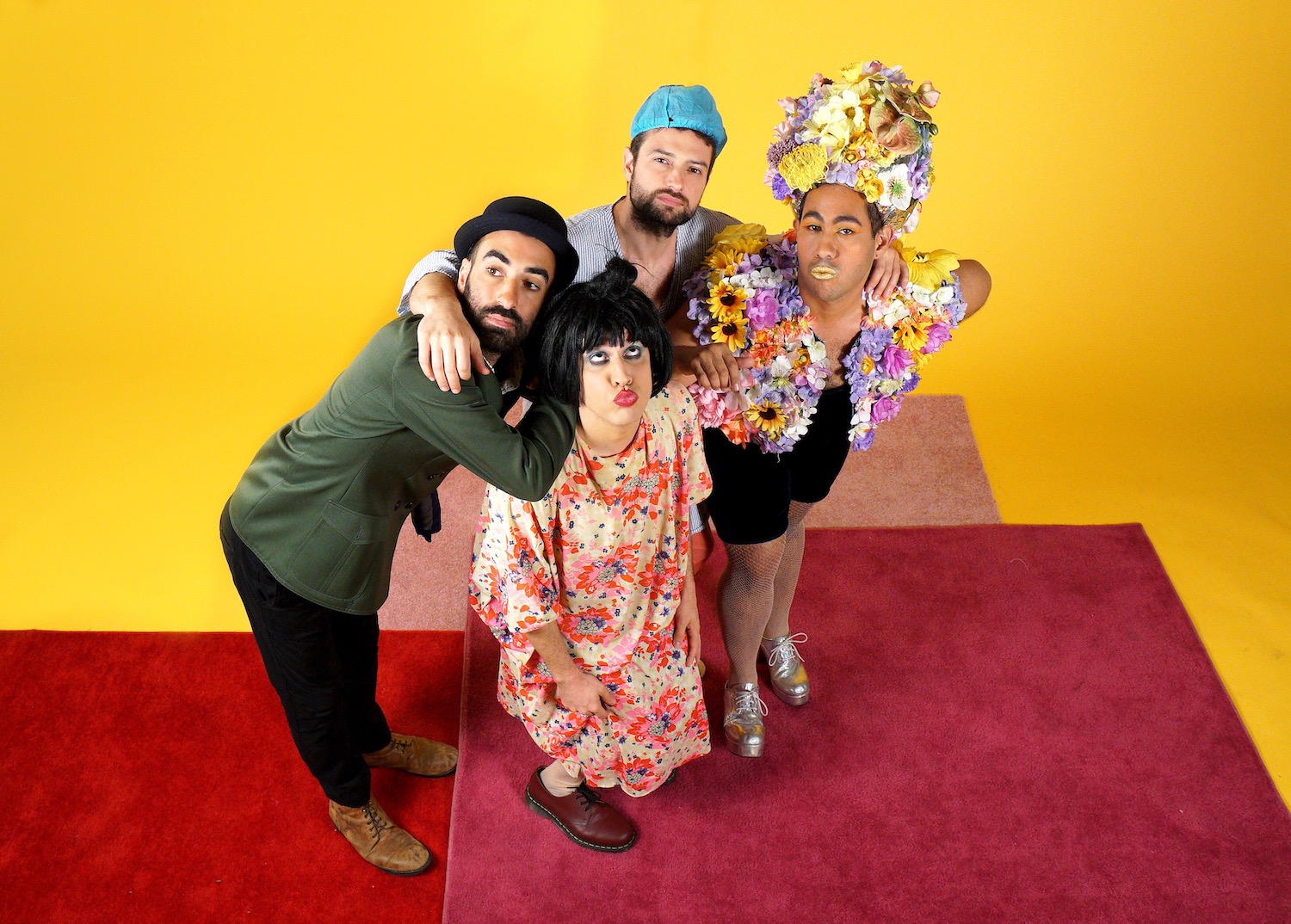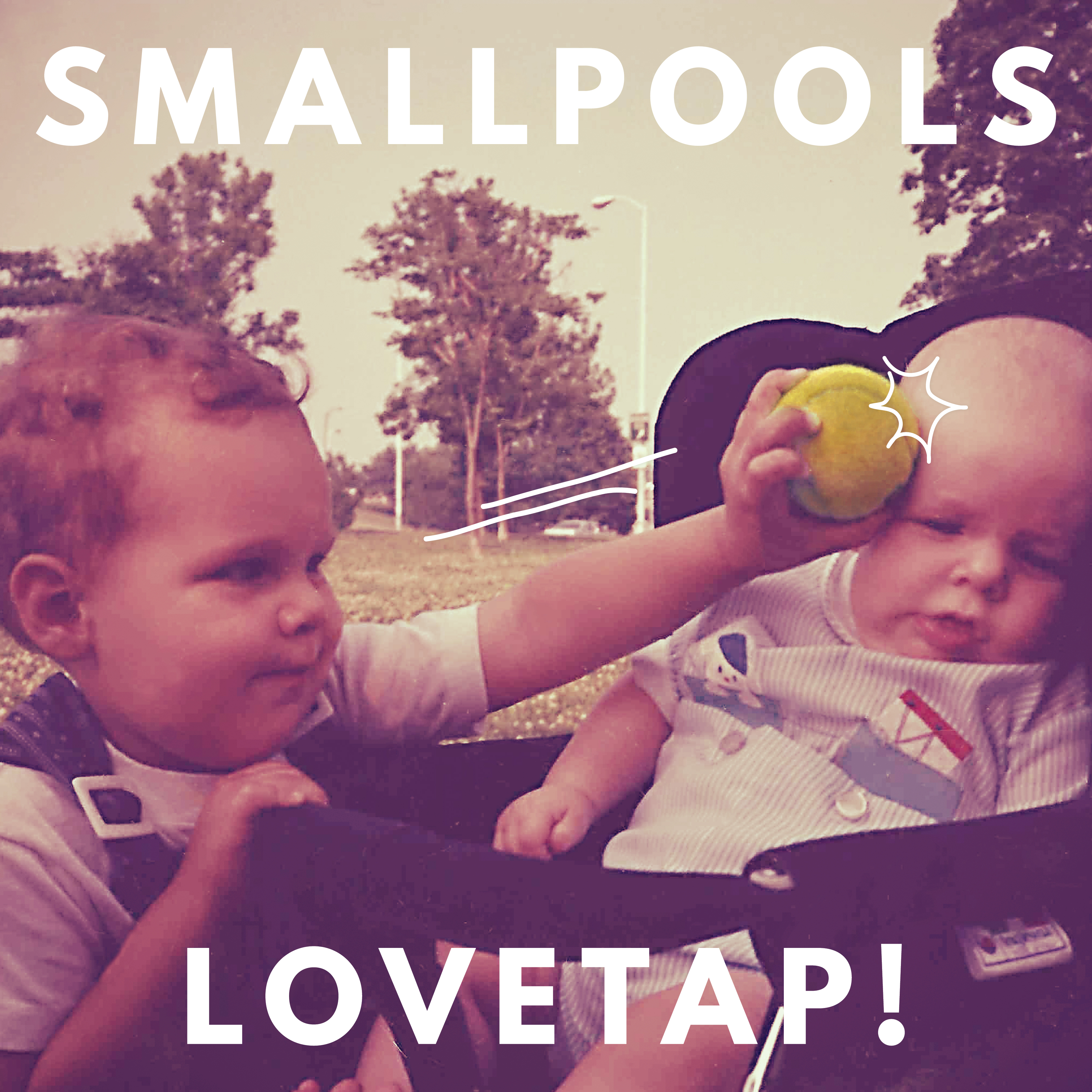Grammy-winning artist Sarah Jarosz has returned with her strongest work yet on ‘Blue Heron Suite,’ a gorgeous song cycle about the Texas coast and her mother’s recovery from cancer.
•• •• •• ••
Less than a year after the release of her Grammy-winning album World On The Ground, multi-instrumentalist and songwriter Sarah Jarosz has returned with a stunning song cycle. Written and recorded prior to World On The Ground, Blue Heron Suite (out May 7, 2021, via Rounder Records) was commissioned for 2017’s FreshGrass Festival, a bluegrass festival that takes place on the grounds of the Massachusetts Museum of Contemporary Art. The piece’s premiere was an intimate performance in the museum’s black box theatre. Jarosz and her band were enchanting, leaving the audience in awe (and many, including myself, in tears). The recorded suite is just as spellbinding. In opposition to World On the Ground’s full band sound that included drums for the first time, Blue Heron Suite features a tight trio: Jarosz, Jeff Picker on bass, and Jefferson Hammer on guitar.
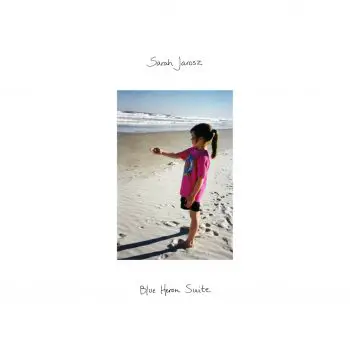
The piece chronicles the 30-year-old musician’s childhood trips to the coast of Texas with her family, with veiled allusions to her mother’s recent breast cancer. When the piece premiered, she was vague about her mom’s illness – but with her mom now fortunately in remission, Jarosz got her permission to share the details of the piece’s inspiration. With that context, Blue Heron Suite and its opening track, “Mama,” becomes even more special.
Mama, where are you going?
You know I need you here
Across the album’s eleven tracks, musical and lyrical motifs enter and recede and return, creating an immersive listening experience, with the album’s centerpiece being the line “she reminds me of you” – referring to her mother and the blue heron. The cycle moves between feelings of comfort and unease, mirroring both the physical landscape of the coast and Jarosz’s lyrics. The final track is the landing point: “Blue Heron” is an incredibly satisfying song with a soaring chorus. Like Jarosz says of the blue heron itself, the song offers peace. As universal as it is personal, Blue Heron Suite is perhaps her best work yet. Atwood Magazine spoke to Jarosz about the process of writing a song cycle, Texas landscapes, and blue herons.
— —
Listen: ‘Blue Heron Suite’ – Sarah Jarosz
A CONVERSATION WITH SARAH JAROSZ
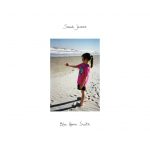
Atwood Magazine: It’s been several years since Blue Heron Suite premiered at the FreshGrass Festival in Massachusetts. What made now the right time to release it?
Sarah Jarosz: I’ve been wanting to put this out since I recorded it. I’ve probably had more comments on my social media about this than any other thing I’ve written, from people like you that were either there at the FreshGrass premiere or who heard three of the numbers on Live From Here with Chris [Thile]. People have really latched on to it and expressed a lot of interest. It’s been hard for me to wait this long because people have been so eager to hear it, but it was just kind of the circumstance.
By the time I was able to get into the studio to record it, it was the end of 2018. I was in the thick of touring with I’m With Her. I was so committed to that band and we all kind of decided like, this is going to be our main focus. And then it felt better to put out another solo record separate from this after I was kind of finished I’m With Her. It feels like the perfect time to put this out, just because this last year has been so crazy. It’s been healing in many ways for me. Just the process of writing this was very healing. After this year, it feels like it was almost meant to be that it’s not coming out till now.
Tell me about the conception for this piece. How specific were the Fresh Grass folks when they commissioned you?
Sarah Jarosz: They weren’t very specific. If I remember correctly, the only real guideline was the timing. They basically said it has to be 30 to 45 minutes in length, which is about the length of a full album. Just from that one guideline, I knew that it was going to be a serious undertaking. The decision to make it a song cycle just happened naturally. I had never been commissioned to write a piece of music before, so I thought of it as a fun opportunity to try to write in a different way than I normally would. Since it was going to be premiered at the performance at FreshGrass, I liked the idea of making it one piece of music meant to be listened to as a cohesive whole with recurring musical and lyrical themes.
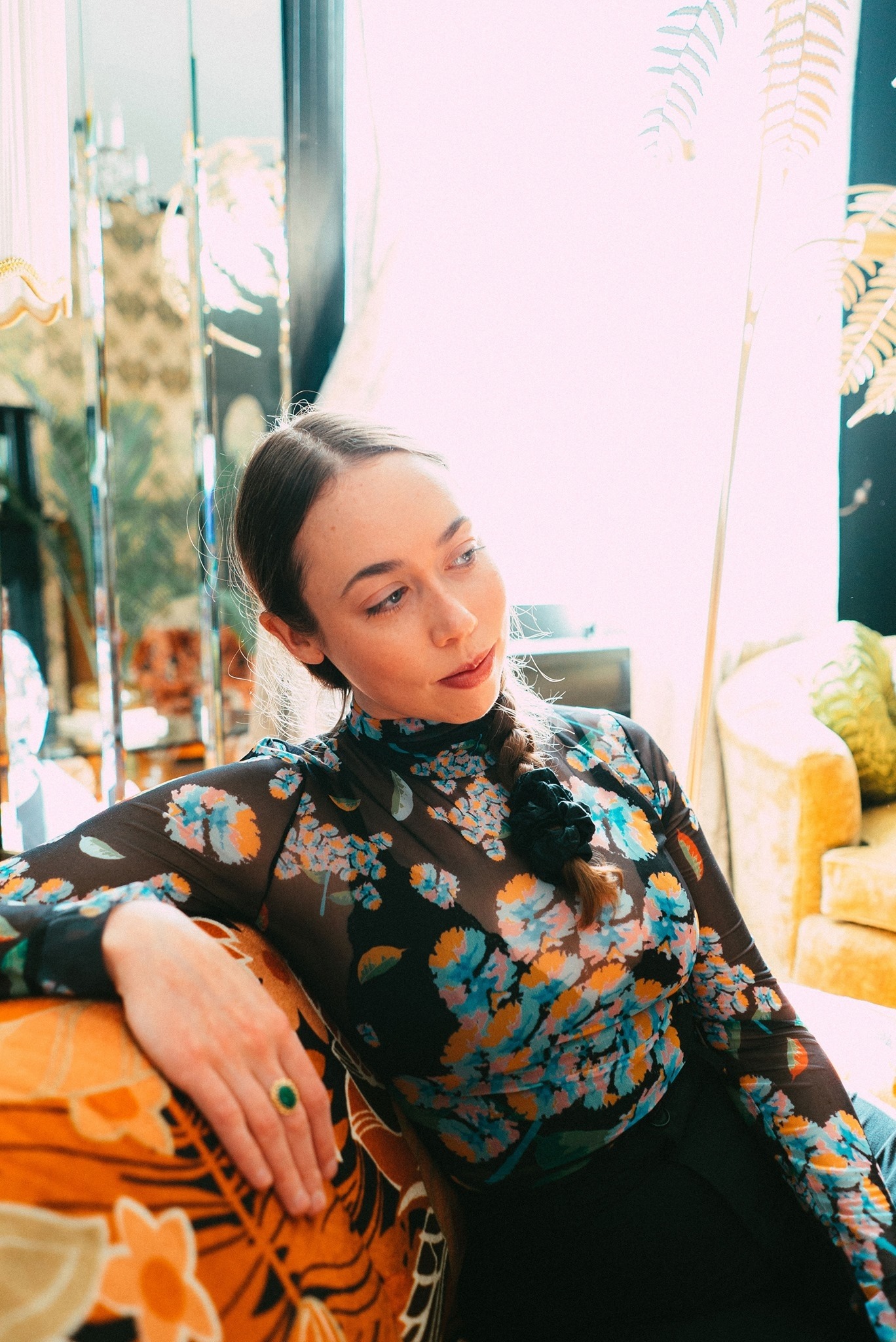
I know this song cycle is about your mom’s breast cancer and the trips your family took to the Texas Coast. How did you decide on this as a theme?
Sarah Jarosz: It wasn’t really a decision. The actual decision-making felt less about choosing to write about what my mom was going through and more about deciding on the symbolism of the blue heron and the kind of peace that it represented to my family in a hard time. That felt more like, I’m choosing this as the central theme and the image that’s going through my mind while I’m writing about this. It was such a hard time and I was so busy and I wasn’t able to be with her through a lot of that. It was almost, like I said, a healing mechanism for me to write about this thing that made me and her feel comforted. Whenever we would spot the blue herons, it felt like a good omen. Now that she’s in remission, I talked with her and made sure that she was comfortable with me sharing what was going on. I’m always hesitant to share the details of my personal life in my music, but in the few interviews I’ve done for this, it’s been really rewarding to be super open about her journey and to share that with so many people who have experienced the same thing.
I’ve been going to Port Aransas [TX] since I was a kid, and we would always see the blue herons. I wrote Blue Heron Suite before any of the World On The Ground songs and it was the process of focusing on that part of my life in Texas that actually opened the gates to writing World On The Ground, which was also very Texas-themed. It’s interesting because they’re coming out in the opposite order of how they were written. I like for people to know that this was actually written first and that it paved the way for a lot of those songs [on World On the Ground]. When I decided I wanted [the heron] to be the central image, it was cool to research it and realize that it served a similar kind of purpose for other people too. People interpret this bird’s behaviors a lot like how my family always had – compared to the very frantic energy of other birds on the beach, the blue heron stands out in that it’s quiet and still and calm and stoic.
Did the physical landscape of the coast itself inform this music?
Sarah Jarosz: Yeah, especially in a lot of the interludes. A lot of where Jefferson [Hammer]’s guitar will go into – we were actually playing together last week, and we were referring to them as whale sounds. I wasn’t thinking about it when I was writing, but I was definitely going for the waves and the undulating feeling of the tides coming in and out.
I have been obsessed with “Across the Canyon” since I first heard it live. Can you talk about this song (and its reprise)?
Sarah Jarosz: That’s the one landscape in the lyrics that don’t necessarily fit with the coast, but I had always had that line, “I looked at you across the canyon.” It just kind of came to me and it felt appropriate in the sense of just feeling so far away at that time, not being able to be with my mom for a lot of that intense time during her treatment. It felt like, “You’re over there and I can’t get to you,” like literally across a canyon. The musical motif of that off-kilter feeling is interesting, because the first one is super off-kilter, timewise. And then the second one actually evens out. That was sort of purposeful, I suppose – a way of conveying the journey of feeling uneven and then things coming into focus towards the end. More than anything on the record, those [songs] were sort of like little gifts to me, musically. I can’t even explain it really, it just sort of was one of those magical things. I had these two pieces and they were the pieces of the puzzle that needed to come together.
Watch: “Mama” – Sarah Jarosz
How did you decide which musical motifs would return throughout the piece?
Sarah Jarosz: It was really beautiful how things unfolded once I had the initial themes. It was obvious at a certain point what I wanted to return to because I was trying to mimic the energy of that time, which was just so unpredictable. You’d have these moments of hope and getting good news, and then maybe not so good news the next day. So I think for me, I knew when I wrote “Mama” that it was going to be the first thing that was going to come back in some way. Maybe a puzzle is the right thing to call it. Once I had all the pieces, the main thoughts that I wanted to express musically and lyrically, then it was just figuring out how they fit together.
Would you ever write something like this again? There’s something so interesting about song cycles considering they’re so rare in popular music.
Sarah Jarosz: Yeah, I totally would. I loved this process so much. It’s also just a fun challenge to try to do it from start to finish. I really enjoyed the writing, performing, and the recording process of this album, and I would definitely love to try to do it again at some point.
What was the process of writing this like? Was it you alone in a room and then you brought in a band or was it a more collaborative process?
Sarah Jarosz: I had a pretty clear idea of all the parts, but Jeff Picker, who plays bass and is also my boyfriend, was very present for a lot of the time that I was writing the actual piece of music. So for example, I knew that I wanted to have that moment in the middle where he stretches out on the bass. I was excited because it felt like I could be the orchestrator in that moment, and be like, “This is the sound I’m hearing, now you do this,” but I didn’t write it note for note. It’s an improvisation. So that’s an example of him having artistic freedom within the structure of the piece. It’s also cool because it’ll be a little different every time. I always like to create an environment where I’m collaborating with the musicians that I’m playing with and not closing things off so tightly that there’s no room for the other musicians to express themselves. I wrote it with the other musicians in mind for sure, but at the same time, there were also things like the vocal harmony parts that I wrote very intentionally. I had those echoes in “Across the Canyon” and I was very specific in how they all overlap. So it’s a combination.
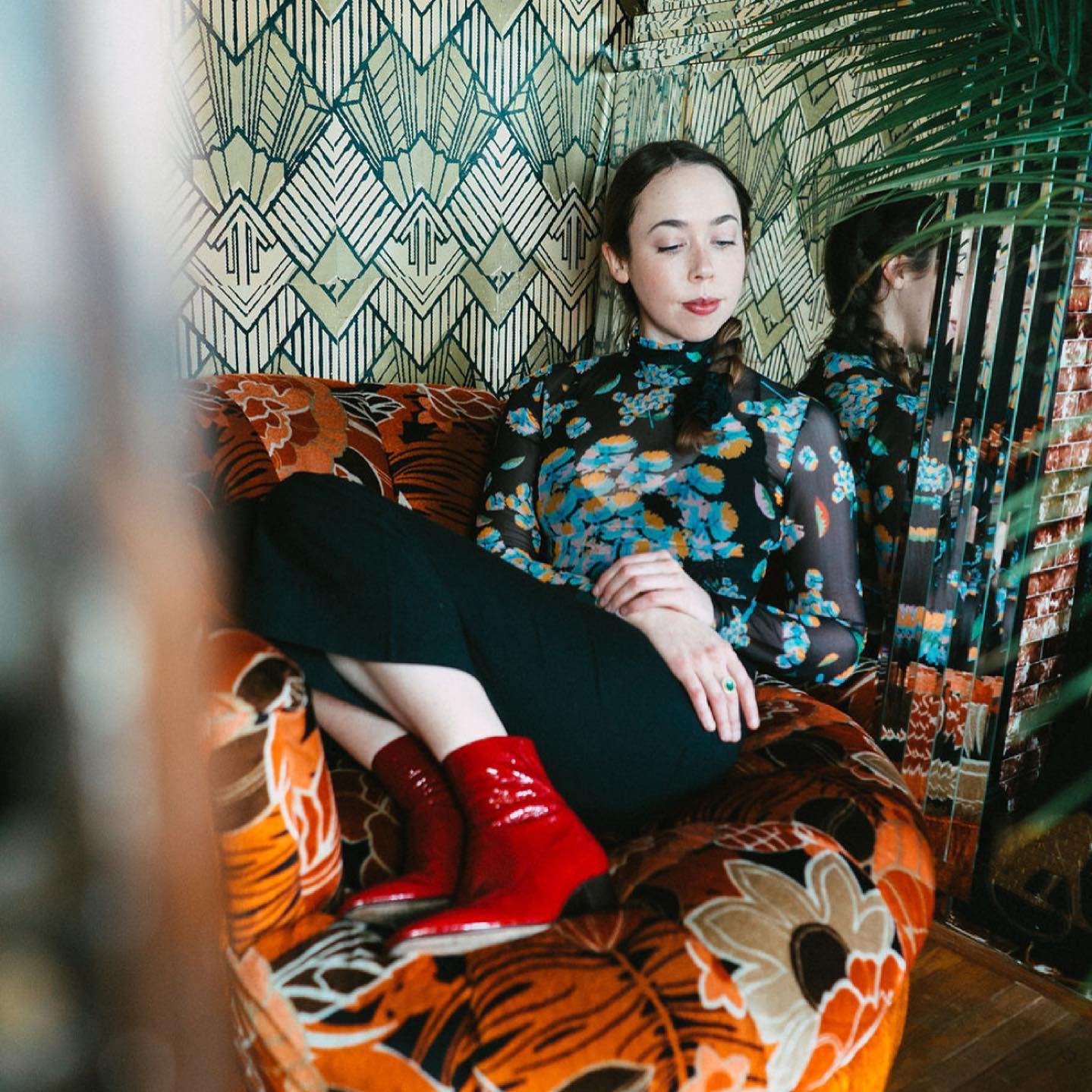
Why “Morning” for the first single? Do you feel like it encapsulates the cycle as a whole?
Sarah Jarosz: If I’m being totally honest, I did not want to release a single for this [laughs]. But labels want a single and they were like, “We really need to release a song when we announce the album.” I was like, “Well, it’s really meant to be listened to as a whole.” But I had played individual songs from the piece on Live From Here before, so there was already a scenario in which I was removing pieces from the overall composition and playing them on their own. I feel like something about “Morning” lyrically captures a few of the recurring themes, like the “she reminds me of you” lyric, which comes back over and over again.
How do you think releasing this will inform your future work?
Sarah Jarosz: Part of me was initially thinking, “Oh, I wish this could come out chronologically in terms of how I wrote it and before World On The Ground.” But it coming out now, like I said earlier, feels healing after this year. Instrumentally, it’s smaller than World On The Ground. It’s more raw and more intimate and that feels really exciting to me. Thinking about my albums from start to finish, I like this idea of not always having to be on an upward trajectory, solely talking about literally the sound getting bigger and bigger. At the end of the day, I just want to serve the song, and with Blue Heron, it’s serving the songs to have this raw, open-hearted, exposed thing going on. So I want to keep doing that. I don’t ever want to feel like I can’t do either, whichever direction that might be. So like you asked, do I want to do this more? Yes. I do. It’s fun as a songwriter to not feel like you have to fit into any particular mold. I hope that I can always feel that way. That’s artistic freedom, you know? That’s my hope.
— —

Connect to Sarah Jarosz on
Facebook, Twitter, Instagram
Discover new music on Atwood Magazine
? © Kaitlyn Raitz

